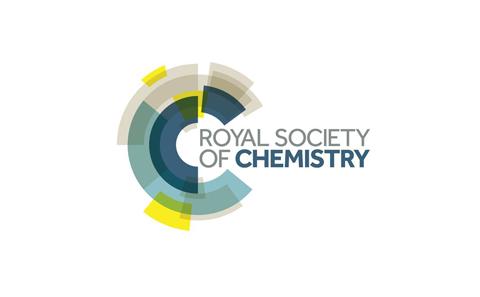Transition metal catalyzed C-H activation: reactivity and selectivity control and late-stage functionalization Seminar

- Time:
- 14:00 - 15:00
- Date:
- 5 February 2020
- Venue:
- 27/2003 (L/R2)
For more information regarding this seminar, please email Dr Sam Thompson at Sam.Thompson@southampton.ac.uk .
Event details
2019 RSC Corday-Morgan Prize Lecture
The development of greener and more efficient synthetic methodologies is essential for organic chemistry to reach its full potential in its application to many applied and fundamental scientific problems. Biaryls are structural motifs predominant in numerous pharmaceuticals, agrochemicals, chiral catalysts, liquid crystal displays, and even molecular switches and motors. The most common methodology for their synthesis involves the traditional cross-coupling between an organometallic compound, Ar-M, and a haloarene, Ar-X. In the last few years, two promising alternatives to these cross-couplings have emerged: direct C–H arylation, where a readily available Ar-H is coupled with Ar-X, and oxidative double C–H activation, where two different Ar-H are cross-coupled. These approaches use non-prefuntionalized starting materials, thus eliminating several synthetic steps and consequent chemical waste associated to traditional cross-couplings. However, several challenges have to be resolved before this new approaches can be widely applied: 1) the development of mild reaction conditions with a broad scope, 2) the control of the regioselectivity of C–H activation and, in the case of oxidative couplings, 3) the control of the selectivity of homo- versus cross-coupling, and 4) the development of conditions that can be safely used in industry.
In this talk I will present some of our group’s approaches towards addressing these challenges. In particular, we will discuss the use of bimetallic Pd/Ag,[1] Pd/Cr[2] and Au/Ag[3] synergistic systems and the development of novel Ru-catalysts for late stage functionalization.[4,5]
References
[1] J. Am. Chem. Soc. 2018, 140, 9638-9643; [2] J. Am. Chem. Soc. 2016, 138, 8384-8387; [3] J. Am. Chem. Soc. 2015, 137, 15636-15639; [4] Nature Chem. 2018, 724-731; [5] J. Am. Chem. Soc. 2018, 140, 11836-11847
If you like to see Prof. Larrosa before or after the seminar, please contact Dr Sam Thompson at Sam.Thompson@southampton.ac.uk
Speaker information
Professor Igor Larrosa, School of Chemistry, University of Manchester. Igor received an ERC Starting Grant in 2011 and currently holds an ERC Advanced Grant. In 2019, Igor was selected for the UK Blavatnik Award for Young Scientists as a Chemistry finalist.